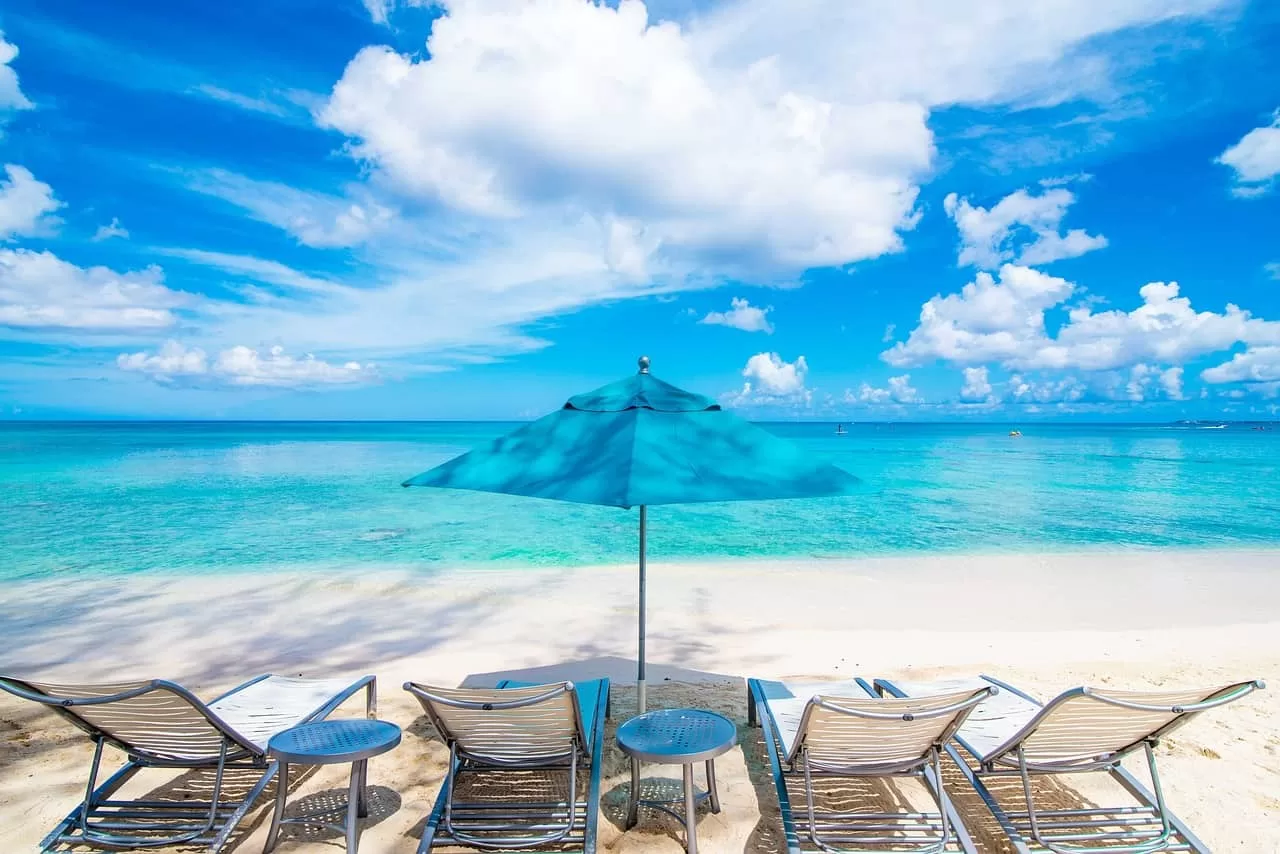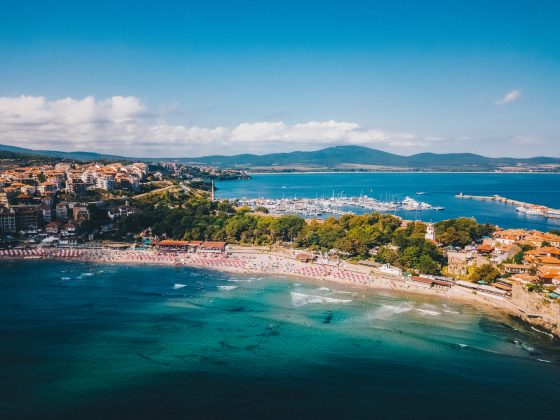The foundation of all quality asset protection plans is a foreign trust. Our team has years of experience setting up foreign trusts. Even the best of domestic asset protection plans include a foreign trust and a flight clause. When trouble comes, you can move your liquid assets out of harm’s way. Transfer them out of the domestic structures and into the foreign trust. Here’s how and when to form a foreign trust… and when not too.
I’ll start with who shouldn’t form a foreign trust. A proper set up isn’t cheap. If your structure costs less than $12,000, you’re probably doing something wrong. Therefore, I don’t recommend a foreign trust for anyone with less than $500,000 to protect.
Some clients from offshore trusts with less than this if 1) they expect to add to the nest egg over time, and 2) they have a high probability of litigation or are in a high risk industry.
And I never recommend forming a foreign trust on the cheap. There are one hundred and one things that can go wrong with a foreign trust. If you want max protection, you should be working with someone very experienced in advanced international asset protection techniques… and that will never be cheap.
Proper planning includes reviewing all possible avenues of attack, tax compliance, and minimizing the risk of your foreign trust being hit with fraudulent conveyance claims.
Then there’s selecting the right foreign trustee and protector, offshore bank, and other providers outside of the United States.
All of this means you shouldn’t set up a foreign trust without a US quarterback. If you can’t afford to do it right, don’t do it at all. The risks of this particular structure are severe… if you’re on a budget, then select something less advanced.
A foreign trust is the most advanced and most complex asset protection structure. Lesser structures, in order of the level of protection provided, are a Panama Foundations, an offshore corporation, an offshore LLC, and a personal account held offshore at a bank that doesn’t have a branch in the US.
Yes, even a personal account provides some level of protection. A civil creditor can’t seize the cash and the IRS can’t levy the account. You might need to follow your money out of the country if the battle heats up, but having the foreign account gives you this option.
The process of forming a foreign trust generally includes:
- Selecting a professional trustee outside the United States,
- Selecting a protector outside of the United States,
- Drafting the trust,
- Opening foreign bank and brokerage accounts,
- Making gifts from you (the settlor) to the trust,
- Filing various IRS forms including an FBAR, Form 3520 and 3520-A, and the Foreign Asset Statement.
A foreign trust can also include an offshore LLC as the manager. In some situations, the settlor wants to control the assets of the foreign trust. So he or she incorporates an LLC in Nevis or Belize to act as the manager of the trust.
The settlor installs himself as the single member of that LLC and therefore retains control over the assets of the trust.
Such a setup reduces the protection provided by the trust to some degree. It also increases the risk that the foreign trust will be broken by US judges. But, in certain circumstances, it is possible to build a trust that allows the settlor to maintain control of the investments.
A properly structured foreign trust offers a number of tax and estate planning options. In most cases, these are only available inside an offshore trust and not lesser structures like a corporation or LLC.
For example, a foreign trust can purchase an offshore private placement life insurance policy with the transfers / gifts from the settlor. Capital gains inside a US compliant life policy are tax deferred until you pay them out. If you hold them inside the policy until death, they transfer to your heirs tax free. In that case, tax is never paid on the appreciation inside the policy (because of the step-up in basis the heirs receive).
Another benefit of a foreign trust is that it can create an exit route for US asset protection planning. For example, you have several family trusts, business trusts, and personal structures in the United States. Then you have a foreign trust behind these that’s partially funded and has its brokerage and bank accounts ready.
If the settlor sees trouble on the horizon, he flips a switch and transfers the assets out of the United States and into the foreign trust.
The objective is to avoid the transfer from being ruled a fraudulent conveyance by setting up the exit route well in advance… preferably two years before any claim arises against the assets.
There are many benefits of a properly structured foreign trust and many risks if you do it wrong. I can’t emphasis enough that setting up an offshore trust is not a DIY situation. You need a qualified professional helping build and test the plan and then a compliance person filing your returns. If you don’t want to spend the money to do it right, setup a simple offshore LLC.
I hope you’ve found this article on the benefits of a foreign trust to be helpful.
For more information, please contact us here.
Here’s a great article: The Ultimate Guide to Going Offshore
Contact Author
"*" indicates required fields
Stay Ahead on Every Adventure!
Stay updated with the World News on Escape Artist. Get all the travel news, international destinations, expat living, moving abroad, Lifestyle Tips, and digital nomad opportunities. Your next journey starts here—don’t miss a moment! Subscribe Now!











